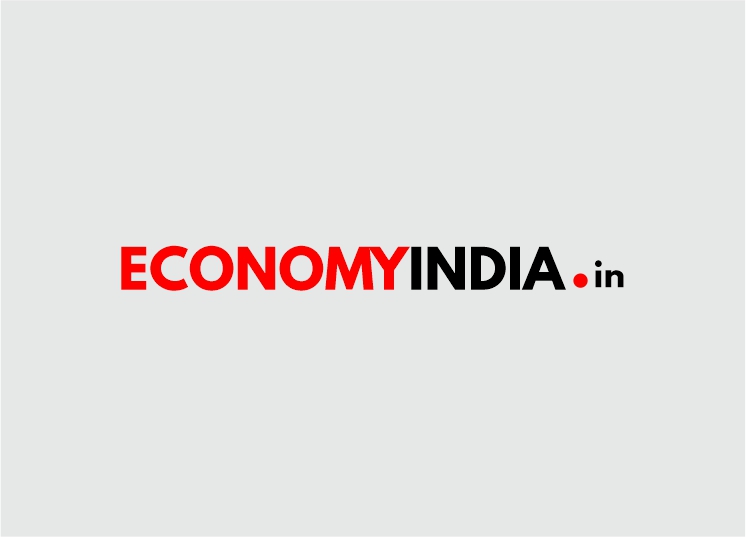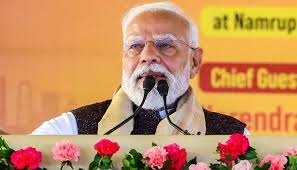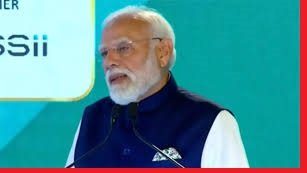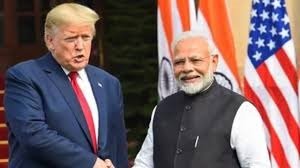It has been reported that the composition of India’s primary index, the Nifty-50 Index, has changed dramatically over the past few years. Consumption and banks, and diversified financials have been at the forefront, pushing the commodity and infrastructure stocks back. Private companies displacing state-owned ones have also been the major trend over the past decade.
Coming years are also poised to significantly change the shape of headline indices with the emergence of new trends and sectors in the aftermath of COVID-19.
While consumption continues to remain the major theme, it is widely expected to change its characteristics. While the previous decade has been dominated by staple stocks, premiumisation is expected to emerge as a major story going ahead.
Growing premiumisation has been further accelerated with the emergence of all forms of online and omnichannel retailing platforms, the company said.
The cyclical and commodity based stocks are also likely to lose importance, making way for emerging consumer internet and new-tech stocks. It is already evident that oil, gas, and consumable fuels stocks like GAIL and HPCL have already exited the index in the past three years.
Other domestic cyclical sectors such as construction materials, metals & mining sectors will also likely reduce in importance compared to emerging consumer internet and new-tech stocks.
Drivers of the Economy
A growing share of the formal sector is emerging as a big driver as India races toward its target of being a $5 trillion economy.
Formalisation of the economy has picked up the pace with larger players gaining market share from the informal or unorganised sector. The trend is evident in several large sectors such as healthcare, real estate, and retailing.
Organised Players Taking Over in Retail
India’s retail sector has gone through tectonic changes under the impact of COVID-19, helped by work from home compulsion. The retail sector is expected to be among the biggest drivers of the economy, with a growing share of organised players.
The rise of the e-commerce sector has accelerated the demand for premium products, ably supported by the rapid penetration of the internet and the adoption of digitalisation. Organised retail industry is expected to play a major part as India aspires to transfer itself into a $5 trillion economy.
Renewable Energy: A Potential Game Changer
Renewable energy could be a potential game-changer for India, given its favorable geography for solar and wind generation.
And make mend for unfavorable geology for fossil fuels. It can be a potential game changer for the country as it could significantly cut down India’s imports.
However, the Indian government will need to focus on building the entire value chain to develop the renewable energy sector in India.
It includes the production of solar PV wafers, cells, and modules to generate renewable power.
Electric Vehicles: Timely Execution Is the Key
A similar opportunity awaits in the electric vehicle space, which offers a great value creation runway in the long run. It will require significant investment in developing EV infrastructure.
Right from vehicle manufacturing, battery production to developing charging infrastructure.
Despite the huge opportunity, the lack of technological capabilities of Indian companies is proving a major hindrance to realising its full potential in this sector. So far, none of the 2W companies have revealed significant plans to venture into the EV space.
Recently announced PLI scheme is expected in this regard. However, they will need to act fast otherwise, there could be a risk of them turning into assemblers while a significant portion of the value proposition is being captured by foreign entities.
Rise of Unicorns
The current bull run has seen a spree of private companies opting for listing. The pipeline remains robust as erstwhile unicorns are lined up to debut on the stock market over the next few years.
India is also emerging as a hub of many tech based unicorns propelled by a vibrant start-up ecosystem. These unicorns are going to contribute significantly to driving the economy and create value along the way. (cnbctv18)













